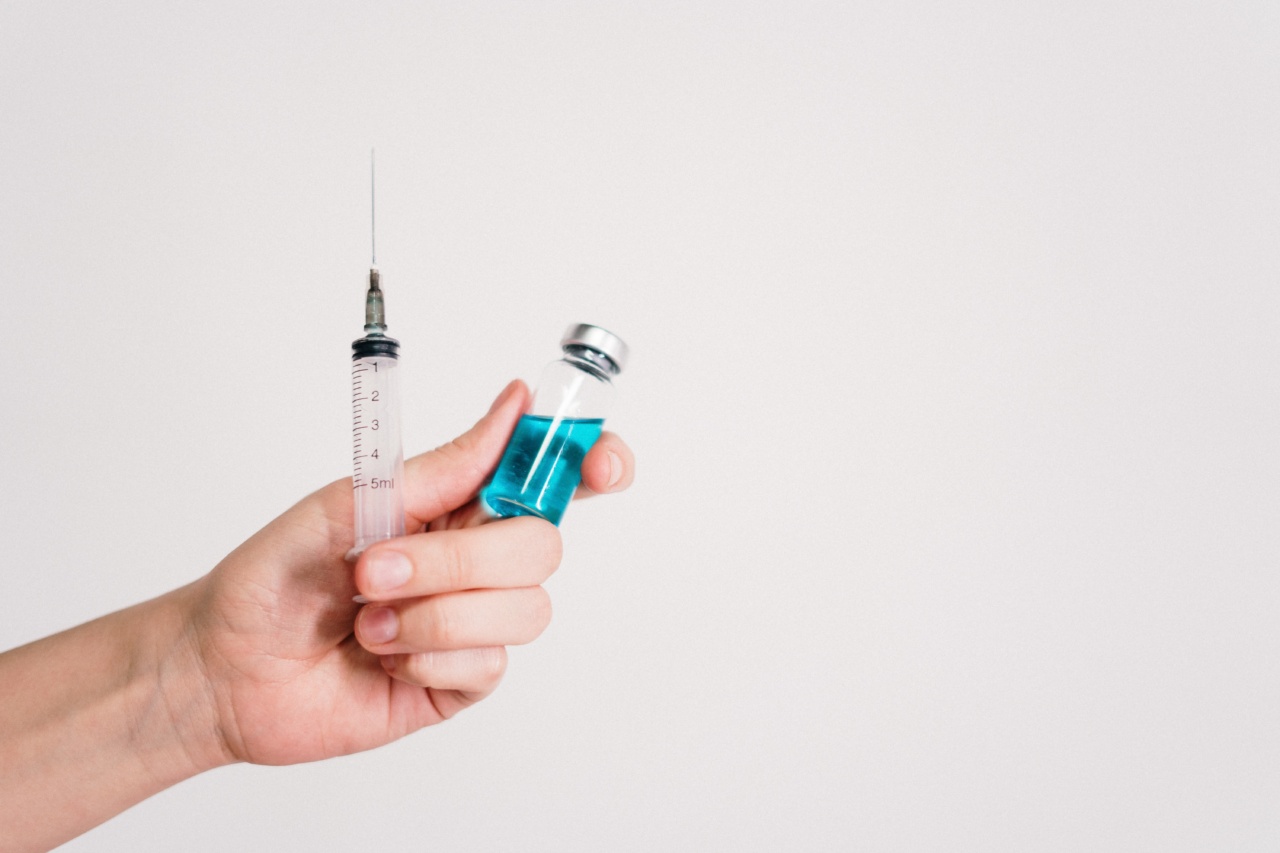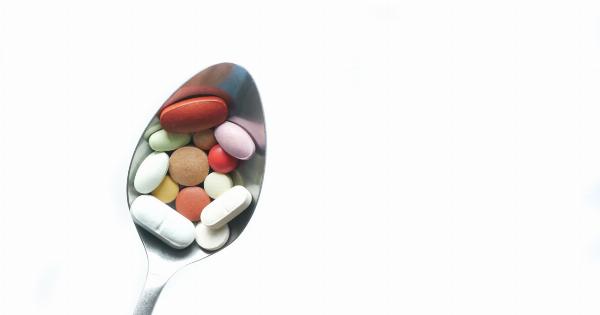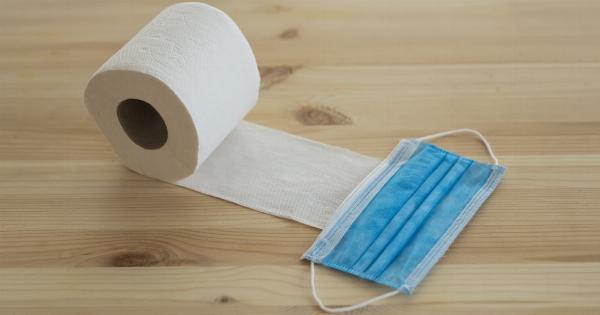As we strive to maintain optimal health, it’s not uncommon for our medicine cabinets to become cluttered with expired or unused medications.
While it may be tempting to simply toss these medications in the trash or flush them down the toilet, these methods can have detrimental effects on the environment and potentially even harm others. In this article, we will explore safe and responsible ways to dispose of expired medicine.
1. Check for take-back programs
Many communities offer take-back programs where you can drop off your expired medications at designated locations. These programs ensure that the medications are disposed of safely and help prevent them from ending up in the wrong hands.
Check with your local pharmacy or law enforcement agency to find out if there are any take-back programs available in your area.
2. Follow FDA guidelines
The Food and Drug Administration (FDA) provides recommendations for the safe disposal of medications. According to their guidelines, most medications can be safely disposed of in household trash.
However, it is important to take certain precautions before doing so. Start by removing the medication from its original container and mixing it with an undesirable substance like coffee grounds or cat litter. This will help deter any potential misuse.
Place the mixture in a sealed bag or container and dispose of it in the trash.
3. Avoid flushing medications
While it may be tempting to flush medications down the toilet to ensure they are completely gone, this practice can have serious environmental consequences. Flushing medications can contaminate water sources and harm aquatic life.
It is best to explore alternative disposal methods rather than resorting to flushing.
4. Secure your medications
Preventing misuse or accidental ingestion is another crucial aspect when it comes to disposing of expired medications safely.
Ensure that all medications, whether expired or not, are stored securely in a locked cabinet or out of reach of children and pets. This reduces the risk of accidental ingestion and potential harm.
5. Don’t share your prescription medications
Sharing prescription medications is unsafe and illegal. Even if someone has a similar condition or symptoms, their medical history and individual health needs might be significantly different from yours.
Always consult with a healthcare professional before sharing any medication, and encourage others to do the same.
6. Look for disposal programs
In addition to take-back programs, some communities may offer specific disposal programs for medications. These programs are designed to provide a safe and convenient way to discard expired medications.
They often involve drop-off locations or mail-back services. Check with your local pharmacy, hospital, or public health department for information on these programs.
7. Consider medication mail-back services
If there are no take-back or disposal programs available in your area, you may consider using medication mail-back services. These services allow you to send your unused or expired medications via mail to a designated facility for proper disposal.
Some pharmacies and drug manufacturers offer this mail-back option; be sure to follow their instructions carefully.
8. Dispose of sharps safely
If you have expired medications that require the use of syringes or other sharp objects, it’s important to dispose of them correctly. Sharps should never be thrown in the trash or recycling bin as they pose a risk of injury to waste handlers.
Check with your local pharmacy or healthcare provider for instructions on how to safely discard sharps in your area.
9. Remove personal information from containers
Before disposing of any medication containers, be sure to remove or obscure any personal information on the packaging. This reduces the risk of identity theft and protects your privacy.
10. Educate yourself and others
Lastly, spreading awareness about safe medication disposal practices is key. Share this information with family, friends, and community members to encourage responsible disposal of expired medications.
The more people are aware of the potential risks associated with improper medication disposal, the better equipped they will be to make environmentally conscious choices.





























